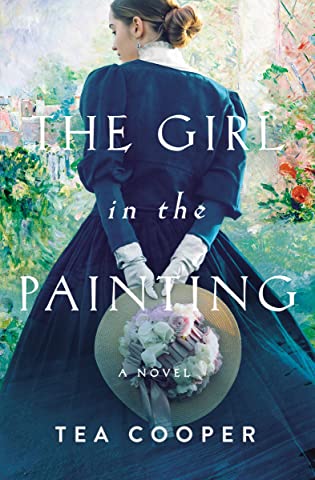 The Girl in the Painting by Tea Cooper
The Girl in the Painting by Tea Cooper Format: eARC
Source: supplied by publisher via NetGalley
Formats available: paperback, ebook, audiobook
Genres: historical fiction, timeslip fiction
Pages: 384
Published by Thomas Nelson on March 9, 2021
Purchasing Info: Author's Website, Publisher's Website, Amazon, Barnes & Noble, Kobo, Bookshop.org
Goodreads
A young prodigy in need of family.
A painting that shatters a woman’s peace.
And a decades-old mystery demanding to be solved.
Australia, 1906
Orphan Jane Piper is nine years old when philanthropist siblings Michael and Elizabeth Quinn take her into their home to further her schooling. The Quinns are no strangers to hardship. Having arrived in Australia as penniless immigrants, they now care for others as lost as they once were.
Despite Jane’s mysterious past, her remarkable aptitude for mathematics takes her far over the next seven years, and her relationship with Elizabeth and Michael flourishes as she plays an increasingly prominent part in their business.
But when Elizabeth reacts in terror to an exhibition at the local gallery, Jane realizes no one knows Elizabeth after all—not even Elizabeth herself. As the past and present converge and Elizabeth’s grasp on reality loosens, Jane sets out to unravel her story before it’s too late.
From the gritty reality of the Australian goldfields to the grand institutions of Sydney, this compelling novel presents a mystery that spans continents and decades as both women finally discover a place to call home.
“Combining characters that are wonderfully complex with a story spanning decades of their lives, The Girl in the Painting is a triumph of family, faith, and long-awaited forgiveness. I was swept away!” —Kristy Cambron, bestselling author of The Paris Dressmaker and the Hidden Masterpiece novels
Stand-alone novel with rich historical detailsBook length: 102,000 wordsIncludes discussion questions for book clubs and historical note from the authorAlso by this author: The Woman in the Green Dress
My Review:
Who are we, really? Are we who we think we are, or are we the person we were born to be? It’s an age-old question about nature vs. nurture, and it plays out in this timeslip story powered by the wing-flap of not the butterfly of chaos theory but rather by the wingbeats of a swarm of almost-forgotten doves.
And it’s the story of two lost girls who are found, in the end, one by the other. Or maybe three lost girls.
The story opens, rather than begins, in Australia in 1906, when math-whiz Jane Piper is rescued from the local orphanage by the equally gifted Elizabeth Quinn and her brother Michael. The Quinns have made a great success of their many businesses in Maitland, New South Wales. Australia has been very, very good to the Quinns, who have never forgotten their roots as desperate Irish immigrants in the 1860s. Jane is the latest in a very long line of young people that the Quinns have taken into their home and businesses from the orphanage.
But Jane’s mathematical talent makes her special. The Quinns, now well into middle age, have expanded their original business enterprises, stores and auction houses, into philanthropy on Elizabeth’s part and politics on Michael’s. Neither has ever married, and in Jane’s mathematical talents they see someone they can train to help them in their many endeavors.
And Jane is more than willing. She’s a math prodigy but not very cognizant of social cues. In today’s terms we’d probably say that she was somewhere on the part of the autism spectrum that includes Asperger’s. Her unofficial adoption into the Quinn’s household turns out to be a boon for not just Jane but also Michael and Elizabeth, as she becomes both their quasi-niece and a valued assistant to both of the Quinns.
It is in that capacity that Jane finds herself in the midst of the Quinns’ greatest secret, as the long-buried past interferes in the suddenly fraught present.
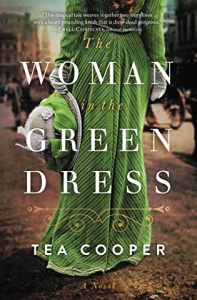 Escape Rating A-: I originally picked this up because I really enjoyed one of the author’s previous books, The Woman in the Green Dress, and was hoping for more of the same. Which I definitely got with The Girl in the Painting.
Escape Rating A-: I originally picked this up because I really enjoyed one of the author’s previous books, The Woman in the Green Dress, and was hoping for more of the same. Which I definitely got with The Girl in the Painting.
Both stories are set in Australia, and both feature dual timelines, the historical past and then the past of the main characters, and both are centered around old and nearly-forgotten mysteries, although the stories don’t relate to each other. So if you like the sound of The Girl in the Painting, you’ll love The Woman in the Green Dress and very much vice-versa.
At the top I said this was a story about nature vs. nurture, and that turns out to be what lies at the heart of the mystery as well. A mystery that neither the readers nor the characters are aware of as the story begins.
When we first peer into Michael and Elizabeth Quinn’s past, we see the brother and sister on the gangplank at Liverpool, waiting to board a ship for Australia to reconnect with their parents. It’s only as the story continues that we discover that what we assumed about that initial scene, and what Elizabeth remembers of it – after all, she was only 4 years old at the time – are not quite what actually happened.
It’s a secret that Michael has been keeping from his sister for 50 years at this point, and it’s highly likely he intended to go right on keeping it. At least until Elizabeth has a “turn” or a psychological break, or a breakthrough of suppressed memory, at an art exhibit, and all of his secrets start to unravel.
And even though I guessed what one of those secrets was fairly early on, the story, both in their past and in their present, it still made for a compelling read. Just because I’d managed to fill in one corner of the jigsaw did not mean I had much of an inkling about the rest of the puzzle. Pulling the remaining pieces out of their box and figuring out how they fit – or perhaps didn’t fit – was part of what made this story so compelling for me as a reader.
In order to reconcile the past with the present, it’s up to Jane Piper, now a full-fledged partner in the business, to poke and prod her way into those mysteries that refuse to lie dormant in the past. Not because Jane is any kind of detective, but because she loves the Quinns, is grateful to them, and simply can’t resist her own compulsion to resolve the unresolved, as that’s part of her mathematical gift and her social awkwardness. She has to know, and she can’t rest until she does.
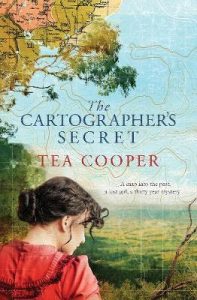 While I found Jane herself to be a bit of an unresolved character, more of a vehicle for the story to be told than an integral part of it, the story of Michael and Elizabeth Quinn’s rise from hardworking poverty to wealth and influence was fascinating in its portrayal of two people who lived a lie that was also the utter and absolute truth.
While I found Jane herself to be a bit of an unresolved character, more of a vehicle for the story to be told than an integral part of it, the story of Michael and Elizabeth Quinn’s rise from hardworking poverty to wealth and influence was fascinating in its portrayal of two people who lived a lie that was also the utter and absolute truth.
As much as I enjoyed the Quinns’ story, I have to say that I’m finding this author’s portrayal of Australian history wrapped in fiction to be lovely and absorbing and I’m looking forward to her next book (it looks like it will be The Cartographer’s Secret) whenever it appears.

.

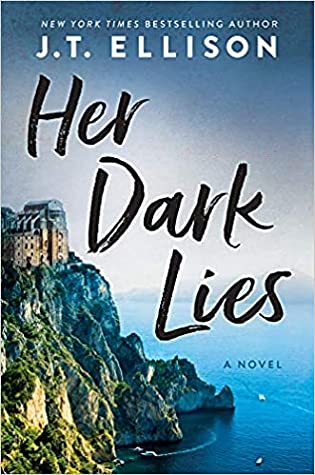 Her Dark Lies by
Her Dark Lies by  A Vineyard Valenting by
A Vineyard Valenting by 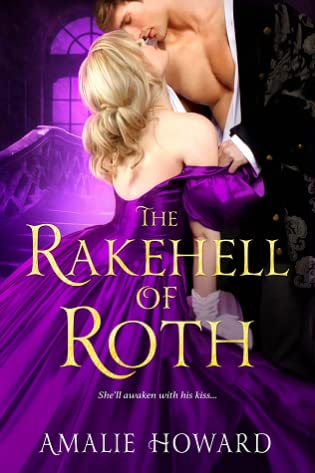 The Rakehell of Roth (Regency Rogues, #2) by
The Rakehell of Roth (Regency Rogues, #2) by 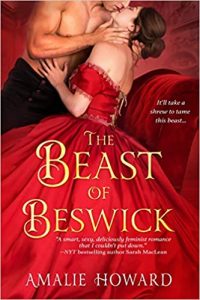 And that the scene where they save each other from thieves, kidnappers and murderers and then screw each other senseless was the only point where I missed having read the first book in the series,
And that the scene where they save each other from thieves, kidnappers and murderers and then screw each other senseless was the only point where I missed having read the first book in the series, 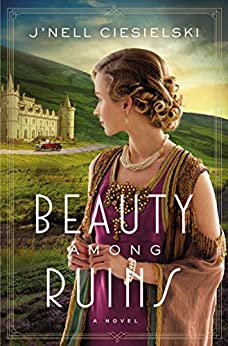 Beauty Among Ruins by
Beauty Among Ruins by 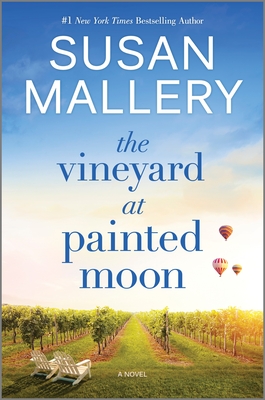 The Vineyard at Painted Moon by
The Vineyard at Painted Moon by 
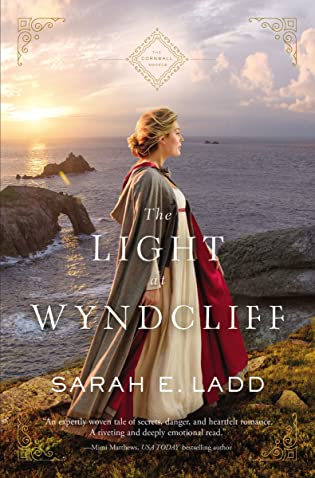 The Light at Wyndcliff (Cornwall, #3) by
The Light at Wyndcliff (Cornwall, #3) by 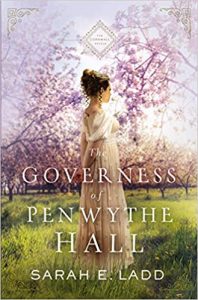 The plot wraps around the sometimes exciting, sometimes dangerous and always criminal smuggling operations that the rougher bits of the Cornish coast are notorious for But this is not a story that romanticizes smuggling. Rather, it paints an all-too-clear portrait of the rot that burrows into the whole town when smuggling – and the protection of it – become the whole town’s economic mainstay.
The plot wraps around the sometimes exciting, sometimes dangerous and always criminal smuggling operations that the rougher bits of the Cornish coast are notorious for But this is not a story that romanticizes smuggling. Rather, it paints an all-too-clear portrait of the rot that burrows into the whole town when smuggling – and the protection of it – become the whole town’s economic mainstay.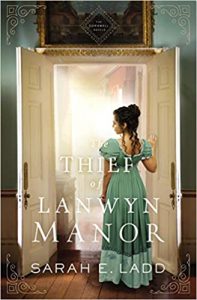 Escape Rating A-: A romance between Liam and Evelyn does happen in this story, but it doesn’t feel like the romance is the point of the story. More like it’s the reward for doing the right thing. Figuring out what that right thing is, that feels like it’s the central point of the story. And that’s the story that swept me away.
Escape Rating A-: A romance between Liam and Evelyn does happen in this story, but it doesn’t feel like the romance is the point of the story. More like it’s the reward for doing the right thing. Figuring out what that right thing is, that feels like it’s the central point of the story. And that’s the story that swept me away. Millicent Glenn's Last Wish by
Millicent Glenn's Last Wish by 
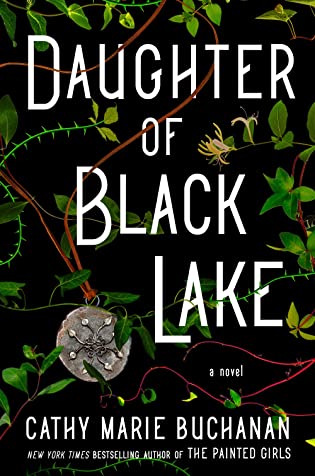 Daughter of Black Lake by
Daughter of Black Lake by 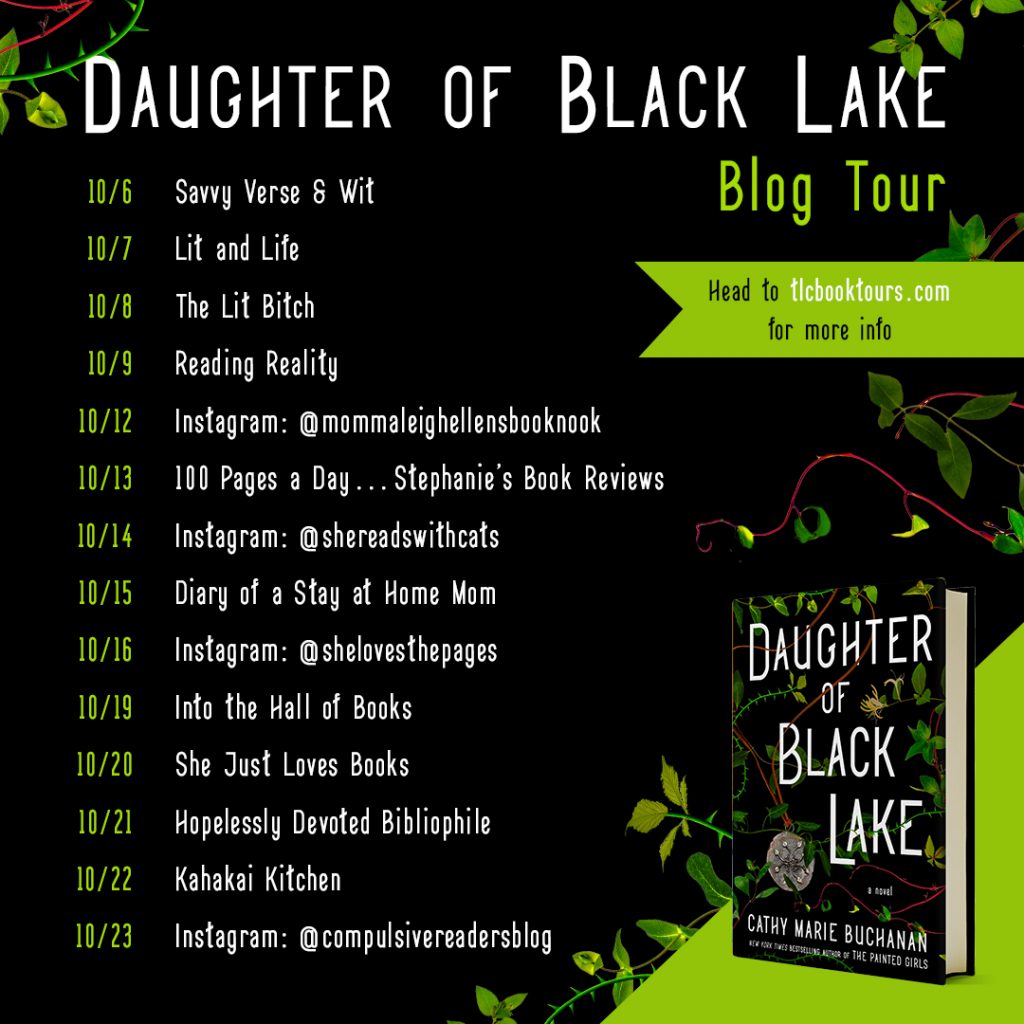
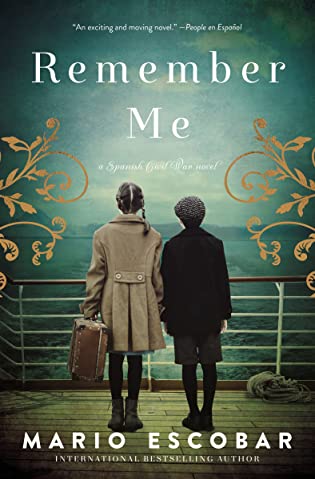 Remember Me: A Spanish Civil War Novel by
Remember Me: A Spanish Civil War Novel by 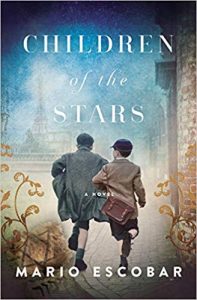 I picked this book up because I was moved by
I picked this book up because I was moved by